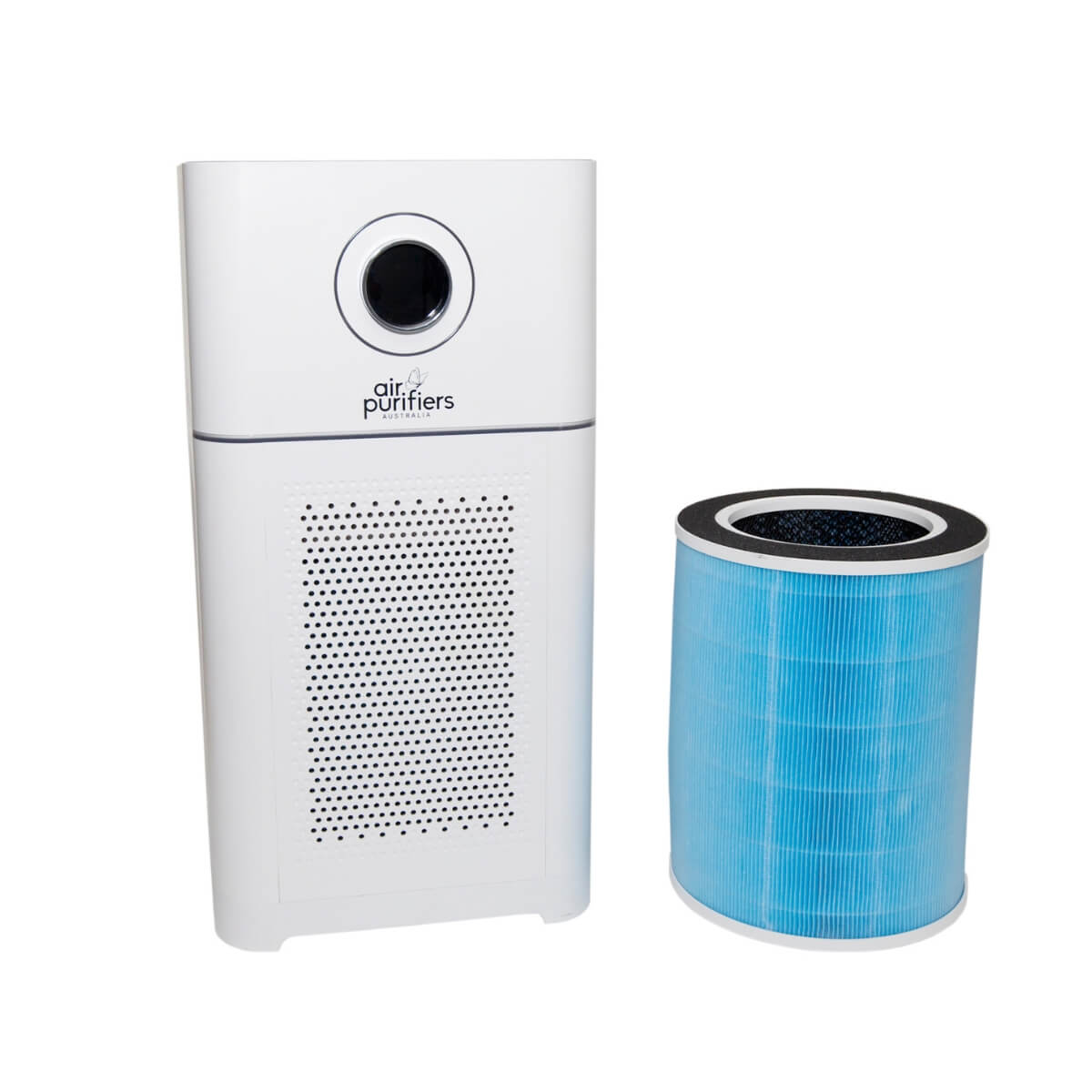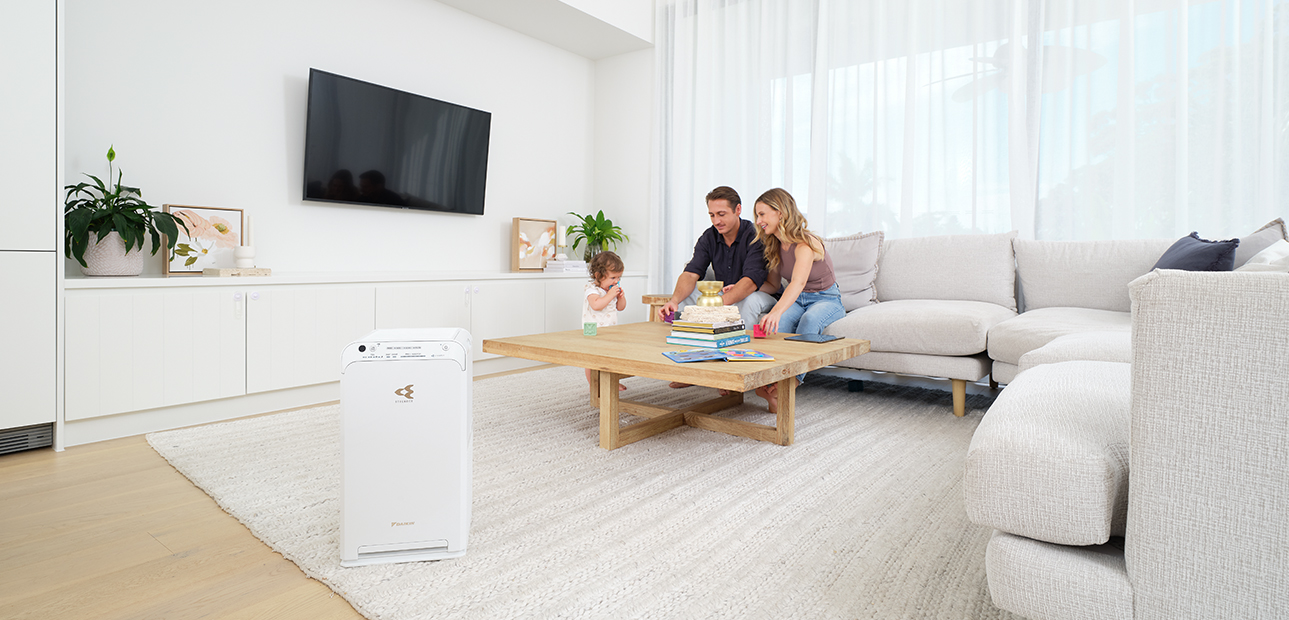Featured
Table of Contents
- – Recognizing Allergic Reactions and Triggers
- – Can Air Purifiers Assist With Allergies?
- – The Science Behind Air Purifiers and Allergies
- – Are Air Purifiers Right for You? Variables to...
- – Making the Most of Air Purifiers for Allergies
- – Beyond Air Purifiers: A Multi-Pronged Approach...
- – Living a Breath Easier Life with Allergies

For allergy patients, springtime blooms and fluffy family pets can bring more sniffles and sneezes than delight. Indoor irritants like dirt termites, pet dog dander, and pollen can ruin your breathing system, leaving you feeling miserable. Air purifiers are often promoted as a service, appealing cleaner air and remedy for allergy symptoms. Yet are air cleansers really worth the investment for allergic reaction patients? This extensive guide discovers the science behind air cleansers, their performance for allergies, and the variables to think about when deciding.
Recognizing Allergic Reactions and Triggers
To recognize the role of air cleansers, allow's initial explore allergies and their triggers:
- The Sensitive Action: Allergies take place when your immune system overreacts to a safe material, like pollen or allergen. This response causes the launch of histamines, creating allergic reaction symptoms like sneezing, coughing, scratchy eyes, and a dripping nose.
- Typical Allergens: Indoor allergens include allergen, pet dander, mold and mildew spores, pollen that drifts indoors, and even roach allergens. These air-borne bits can aggravate your respiratory tracts and cause allergic reaction symptoms.
Can Air Purifiers Assist With Allergies?
Air purifiers work by attracting air, filtering system out toxins, and launching cleaner air back into the room. Right here's exactly how they can potentially profit allergic reaction victims:
- Capturing Irritants: HEPA (High-Efficiency Particulate Air) filters, a common kind utilized in air purifiers, are highly reliable at recording airborne irritants like allergen, family pet dander, and pollen. By getting rid of these triggers from the air you take a breath, air cleansers can help in reducing allergy signs and symptoms.
- Improved Air Quality: Air purifiers can likewise eliminate other irritants from the air, such as smoke, dirt, and volatile natural compounds (VOCs) This total enhancement in air high quality can be beneficial for allergic reaction victims that are sensitive to these extra triggers.
The Science Behind Air Purifiers and Allergies
Studies have revealed that air purifiers can be handy in reducing allergic reaction symptoms. Here's a take a look at some essential research study searchings for:
- A 2019 evaluation published in the journal "Existing Allergic reaction and Asthma Records" ended that air purifiers with HEPA filters can be efficient in lowering allergic reaction signs and boosting top quality of life for people with allergic rhinitis (hay fever)
- A 2018 study released in the journal "Annals of Allergy, Bronchial Asthma & Immunology" located that making use of an air purifier with a HEPA filter in the bedroom considerably decreased dust mite irritant degrees and improved rest high quality in individuals with asthma.
Nonetheless, it's essential to note that study additionally suggests some constraints:
- Air Purifier Coverage: Air purifiers are most effective in the space where they are put. Their effect on irritants in other components of your house might be very little.
- Seriousness of Allergies: While air cleansers can help, they may not be a full service for extreme allergic reactions. Drugs and various other allergy administration strategies might still be required.
Are Air Purifiers Right for You? Variables to Think About
Right here are some key aspects to consider when determining if an air purifier is worth it for your allergic reactions:
- Seriousness of Allergies: If your allergies are light and well-controlled with medicine, an air purifier may not be essential. For those with moderate to serious allergies, an air purifier can be a useful tool in managing signs and symptoms.
- Kinds of Irritants: Consider the main triggers for your allergies. Air cleansers are most reliable for air-borne irritants like dirt mites, animal dander, and plant pollen. They might not be as handy for irritants like mold that grow on surfaces.
- Lifestyle and Environment: If you have pets, live in a location with high plant pollen counts, or have concerns regarding indoor air quality, an air purifier can be useful.

Making the Most of Air Purifiers for Allergies
If you make a decision to buy an air purifier for allergies, below are some ideas for maximizing its effectiveness:
- Choose a HEPA Filter: Look for an air purifier with a HEPA filter accredited to capture particles as tiny as 0.3 microns.
- Right Size for the Space: Make sure the air purifier has a Clean Air Shipment Rate (CADR) that appropriates for the dimension of the space you intend to use it in.
- Positioning Issues: Position the air purifier in the space where you spend one of the most time, such as your bedroom.
- Normal Filter Upkeep: Change HEPA filters according to the manufacturer's directions to maintain optimum performance.
- Incorporate with Other Strategies: Air cleansers are not a one-size-fits-all solution. Incorporate them with other allergy monitoring techniques like medicine, routine cleansing, and allergen-proof bedding.
Beyond Air Purifiers: A Multi-Pronged Approach to Allergy Monitoring

While air purifiers can be a valuable device in your allergy arsenal, they are not a magic bullet (If you're looking to buy an Air Purifier then Air Cleaners Australia is the best destination.). A thorough method that integrates air filtration with various other techniques is essential to achieving long-term allergic reaction alleviation. Right here are some extra techniques to consider:
- Drug: Antihistamines, decongestants, and nasal corticosteroids, suggested by your doctor, can effectively handle allergy signs and symptoms.
- Allergy Testing and Immunotherapy: Identifying your details allergens via allergy screening can lead the way for immunotherapy, a therapy that aids desensitize your immune system to irritants with time.
- Air High Quality Management: Regular cleansing with a HEPA-filtered vacuum and allergen-specific cleansing items can dramatically decrease dust termites, family pet dander, and other irritants in your house.
- Controlling Humidity: Mold flourishes in humid environments. Utilizing a dehumidifier can aid manage humidity degrees and avoid mold development, an usual interior allergen.
- Way of life Adjustments: If you have allergic reactions to pollen, remaining inside during top plant pollen periods and showering after investing time outdoors can aid minimize exposure.
- Bed linens and Surfaces: Framing pillows and cushions in allergen-proof covers can substantially minimize dust mite direct exposure. Frequently cleaning bedding in hot water aids get rid of allergens.
Living a Breath Easier Life with Allergies
Bear in mind, managing allergies is a constant process. By recognizing your triggers, executing a multi-pronged approach, and potentially including an air purifier into your technique, you can dramatically lower allergy signs and take a breath easier.
Additional Considerations:
- Consulting a Doctor: If your allergies are extreme or otherwise well-controlled with drug and lifestyle modifications, consult an allergist for tailored referrals.
- Air Top Quality Tracking: Think about making use of an air quality monitor to track allergen degrees in your home and adjust your administration techniques appropriately.
- Long-Term Financial investment: A high quality air purifier can be a lasting investment in your health and well-being.
By taking a positive technique and adopting a combination of these methods, you can create a healthier and allergy-friendly environment, enabling you to appreciate a breath much easier life.
Table of Contents
- – Recognizing Allergic Reactions and Triggers
- – Can Air Purifiers Assist With Allergies?
- – The Science Behind Air Purifiers and Allergies
- – Are Air Purifiers Right for You? Variables to...
- – Making the Most of Air Purifiers for Allergies
- – Beyond Air Purifiers: A Multi-Pronged Approach...
- – Living a Breath Easier Life with Allergies
Latest Posts
Can You Dishwash Your Yeti Rambler With Confidence? for Beginners
Some Known Details About Can Your Yeti Rambler Handle The Dishwasher's Heat?
What Does Are Yeti Ramblers Compatible With Dishwashers? Do?
More
Latest Posts
Can You Dishwash Your Yeti Rambler With Confidence? for Beginners
Some Known Details About Can Your Yeti Rambler Handle The Dishwasher's Heat?
What Does Are Yeti Ramblers Compatible With Dishwashers? Do?